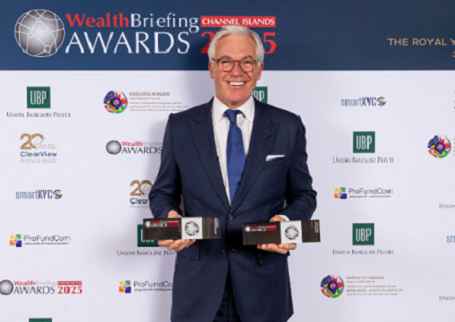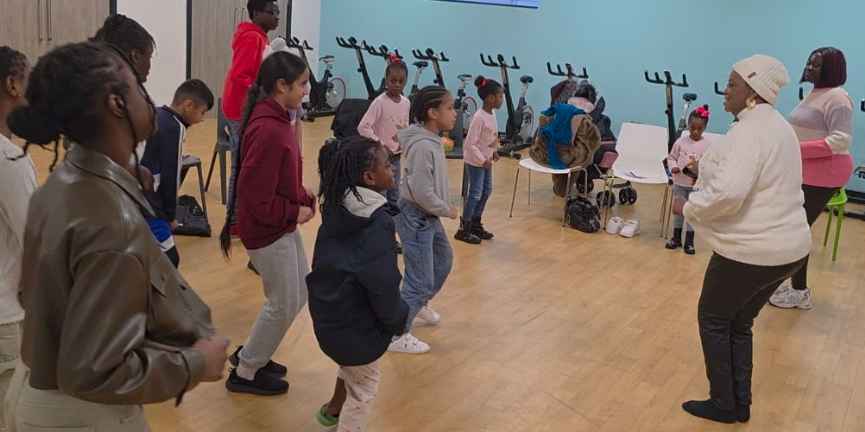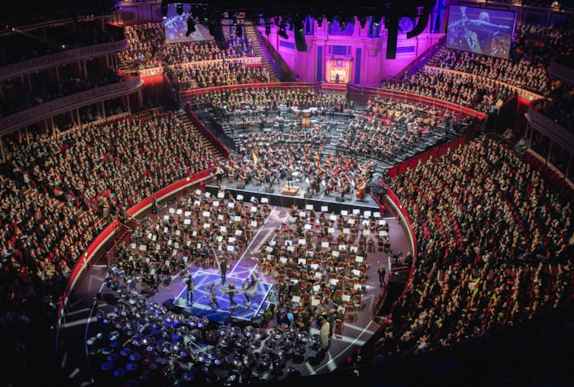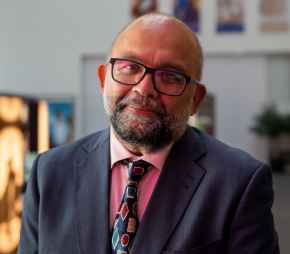There is a reason why Johannesburg in South Africa is now the most cultural and most vibrant town in Africa. Research shows 12 African cities support and enables the arts, culture, and creative industries.
The 12 African cities that support and enable arts, culture, and creative industry include:
- Johannesburg, South Africa
- Kinshasa, Democratic Republic of Kongo
- Dakar, Senegal
- Nairobi, Kenya
- Tunis, Tunisia
- Marrakech, Morocco
- Luanda, Angola
- Accra, Ghana
- Cairo, Egypt
- Lagos, Nigeria
- Harare, Zimbabwe
- Dar-Es-Salam, Tanzania
The index provides a comprehensive overview of the environment for artists and creative entrepreneurs in the twelve cities. The cities were ranked based on availability and access to cultural venues and facilities, policies supporting the arts, and the cities’ capacity to promote culture.
The index provides much-needed data for investors, funders, creative entrepreneurs, and other sector stakeholders by offering valuable insights into the gaps in the creative and cultural landscape. In this regard, the index serves as a tool for decision-making by stakeholders in the creative and cultural industries. Future updates to the index will include additional cities and track changes in the cities already mapped.
The Creative Vibrancy Index for Africa (CVIA) is funded by the narrative change organization, Africa No Filter, and the British Council. The Arab Fund for Arts and Culture and the World Cities of Culture Forum are part of the project’s advisory board, providing technical input.
Moky Makura, Executive Director of Africa No Filter, said: “The availability and access to arts, culture, and creativity is increasingly the mark of a thriving city and developed economy.
“For us at Africa No Filter, it is also a measure of the support and infrastructure provided to African storytellers to enable them to share their stories, grow audiences and build their sustainability as artists. We were keen to understand how culturally vibrant the African creative sector is so we know if African stories are being heard.
“This index will shine a much-needed spotlight on the state of the creative landscape in Africa and help us all advocate for more support for storytellers on the continent. We have started with just 12 cities, but our aim is to do this across all major cities on the continent.”
Sandra Chege, Head of Arts Kenya, said: “We are excited to collaborate with Africa No Filter and the Creative Economy Practice at CcHUB to develop this important index. We look forward to engaging in the conversations and insight generated through this project on how cultural actors can strengthen the cultural infrastructure of African cities to create a more enabling environment for creative and cultural practitioners.”
Managing Partner of the Creative Economy Practice at CcHUB, Ojoma Ochai, added: “The ranking of cities is not the main value add. More important is using the comparative measurement to showcase good practice, inspire dialogue and stimulate more support for the sector.”











